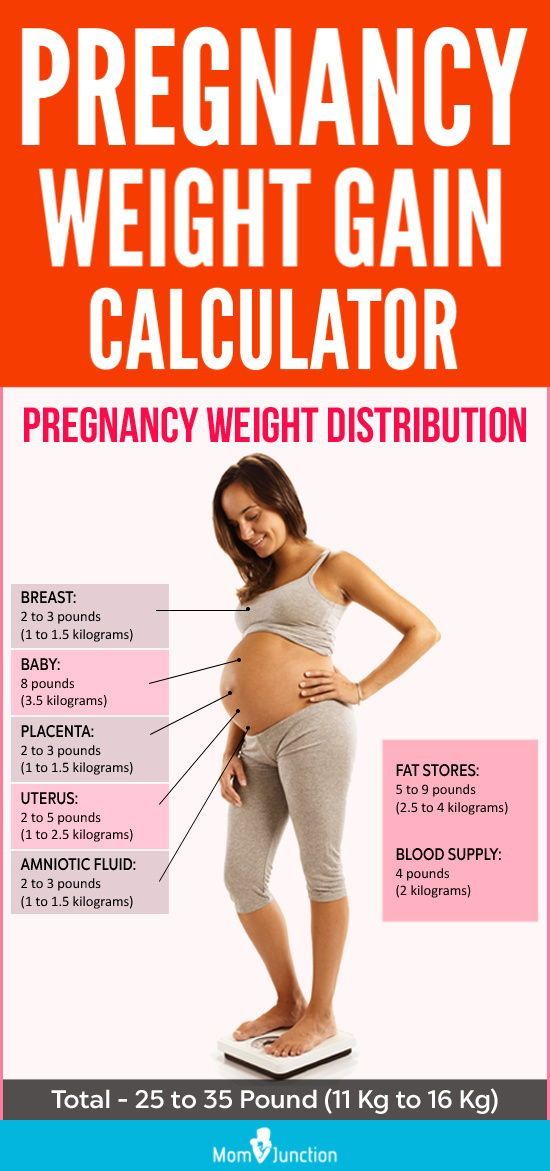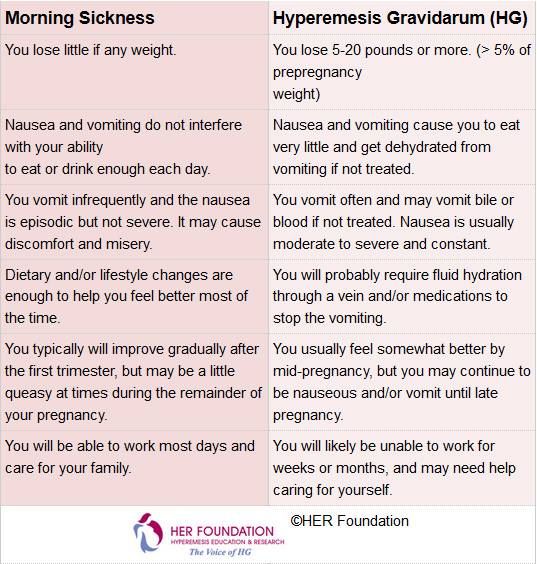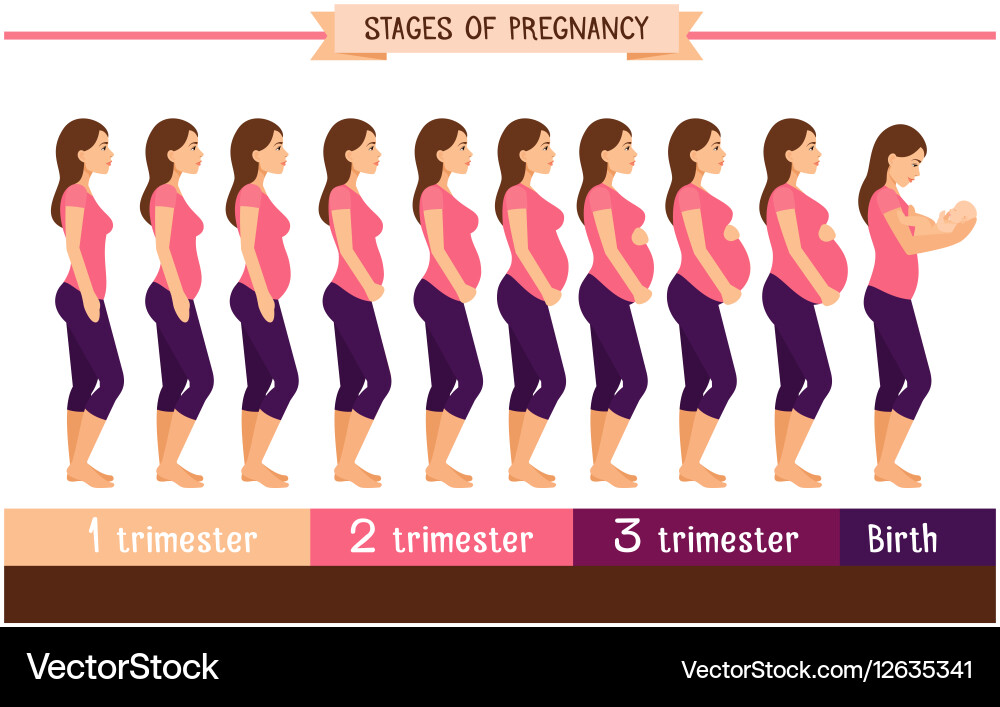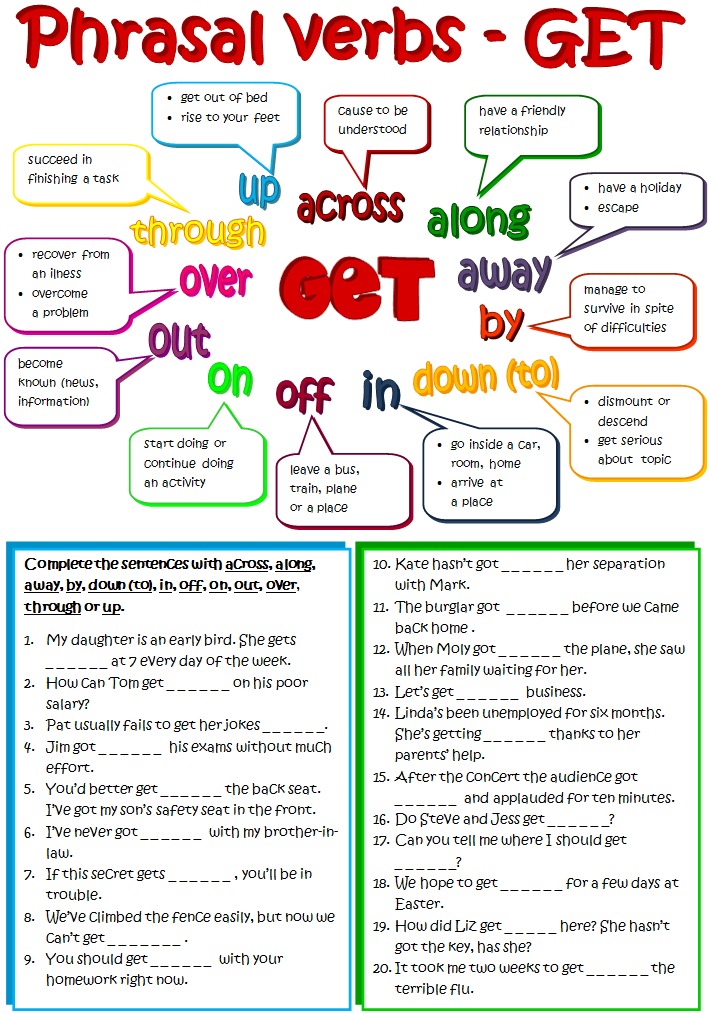Tired first weeks of pregnancy
First trimester fatigue: How long it lasts, how to ease it
Is it normal to feel so tired during pregnancy?Yes, although the extreme tiredness of the first trimester can come as quite a surprise. It can be an especially hard transition for those who are normally go-getters with lots of energy. Women who usually need only six hours of sleep at night may find they need nearly double that during these first weeks of pregnancy.
And for others, daytime tiredness is paired with trouble sleeping deeply or for more than a few hours at night. Nausea and vomiting can also be a big drain on your energy.
Why am I so tired?Creating human life is a big job that takes lots of time and energy. Fatigue in the first trimester is a signal from your body to slow down and give it time to adjust to the incredible changes happening inside.
Several factors may contribute to first trimester pregnancy fatigue, including:
- Hormones.
Hormonal changes play a big role in making you feel tired, especially the hormone progesterone. This hormone rises sharply in the first trimester.
- Increased blood volume. Your blood volume has doubled to ensure your baby is getting the nutrients it needs to grow. To accommodate this increase, your heart is pumping harder and stronger. This in turn increases your metabolism and lowers your blood sugar and blood pressure, adding to your fatigue.
- Anemia. Iron levels can drop in pregnancy, resulting in iron-deficiency anemia. If you are experiencing extreme fatigue, talk to your provider about testing your iron levels.
For most women, the extreme fatigue of the first trimester is soon forgotten with the glow and boost in energy that comes with the second trimester. So, don’t worry if it seems like all you’re doing these first few weeks is lying around, dozing or napping.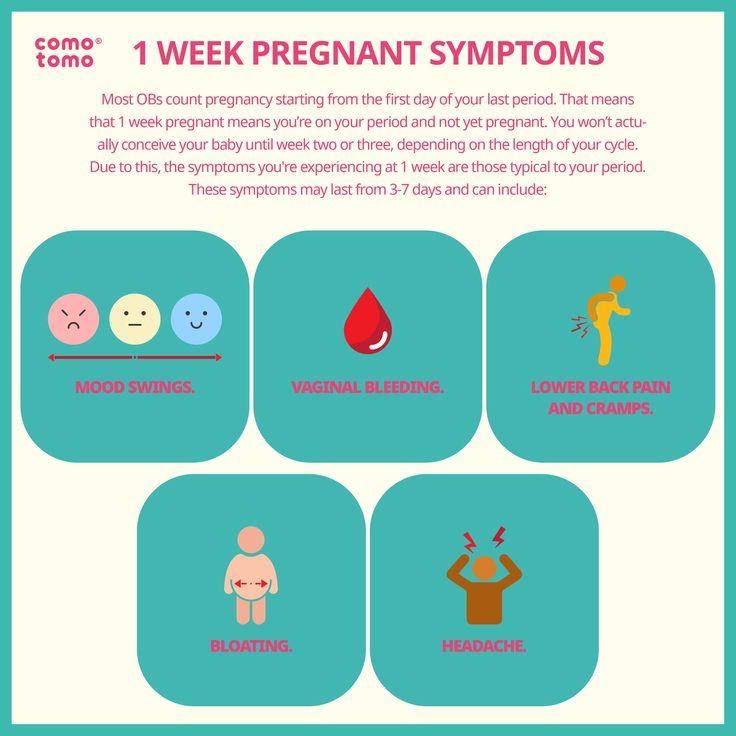 It’s normal. Although fatigue often returns in the third trimester because of disrupted sleep and increasing discomforts, this too will pass in time.
It’s normal. Although fatigue often returns in the third trimester because of disrupted sleep and increasing discomforts, this too will pass in time.
- Sleep. Try to go to bed early and take naps when you can.
- Adjust your schedule. There’s no need to fill every waking minute of your day with work and tasks. Recognize the things that can wait until tomorrow to allow yourself some much-needed rest. Reduce any extra job or social commitments during these first few weeks so you can be as productive as possible in your regular responsibilities.
- Eat right and eat often. Protein and complex carbohydrates are your friends. Start your day with protein and eat small, frequent, healthy meals to help stabilize your blood sugar.
- Exercise. A little exercise can energize you and may help you get some quality zzz’s at bedtime. Get up and walk around the office, do some deep stretches or take a break outside.
 When you can, go on a brisk 20-minute walk.
When you can, go on a brisk 20-minute walk. - Stay hydrated. Drink enough fluids during the day. If you’re struggling with frequent urination during the night, limit your fluids several hours before bedtime.
What should you avoid? Squelch the urge to drink coffee or other caffeinated drinks to stay alert, as too much caffeine really isn’t good for your developing baby. Instead, drink plenty of water.
Tips to avoid sleepless nightsPregnancy is tiresome work, but some women still have trouble sleeping when they do get the chance.
How can you sleep more comfortably while pregnant? Try these tips:
- Get into a routine. Go to bed at around the same time each night.
- Get in position. Sleep tilted to one side with pillows supporting your knees, back and belly. Lying on one side can help the baby get good blood flow, but it’s OK if you roll over onto your back during the night.
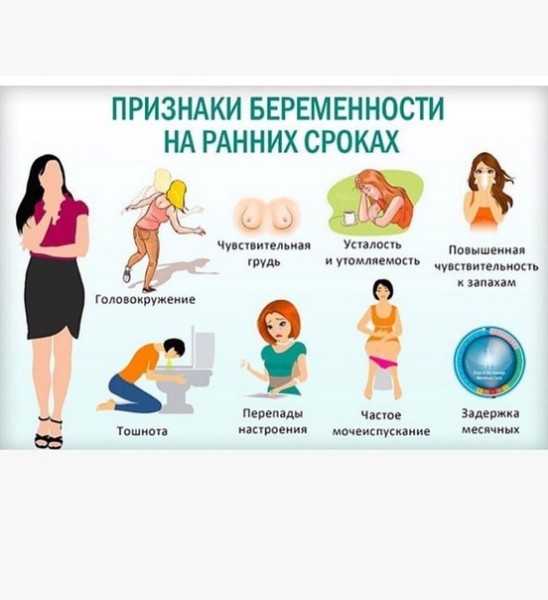 Also, propping yourself up even slightly can help with heartburn.
Also, propping yourself up even slightly can help with heartburn. - Limit distractions. Keep your room comfortable and dark. Limit screen or phone time, TV watching and computer use in the bedroom.
- Watch what you eat or drink. Stay hydrated with water throughout the day but limit it at night. Don’t eat immediately before sleeping as this can increase heartburn. Avoid spicy and acidic foods at dinner if your heartburn flares up at night.
- Exercise. In addition to giving you an energy boost to fight fatigue, exercising every day helps you sleep better at night.
- Relax. Try calming music, white noise, meditation, a warm bath or deep breathing to calm your restless mind.
- Treat pain first. If you have back, hip or leg pain, try a heating pad before bed or take Tylenol before lying down to help soothe those aches.
If you’ve tried everything and still cannot sleep, talk to your doctor for more suggestions and recommendations.
It’s easy to feel guilty about not being able to do everything like you’re used to. It’s OK to step back, relax and pamper yourself.
Remember this is only temporary. Don’t let your fatigue put a damper on your pregnancy joy. You are creating life, and that’s definitely something to celebrate.
- Ways to ease the nausea and vomiting of morning sickness
- Exercise during pregnancy: Is it safe?
- Safe medications during pregnancy
…
Posted In Health Information, Pregnancy, Women's
What to expect from pregnancy fatigue
Pregnancy is all about changes, and some are more dramatic than others. Along with all the physical changes happening to your body, you may also be experiencing symptoms like mood swings, swelling, nausea or morning sickness, to name a few. So, it can be easy to overlook something as straightforward as fatigue.
But as you may be finding out, fatigue can be quite a challenge, too.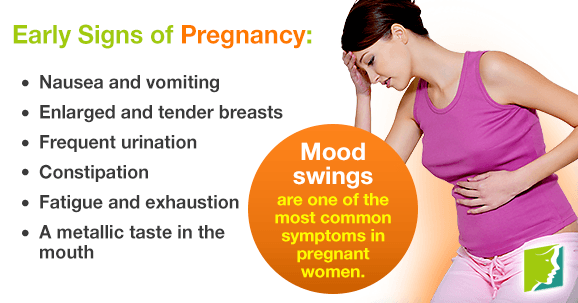 Below, we cover everything you can expect from this common pregnancy symptom, its causes, and what you can do to manage it.
Below, we cover everything you can expect from this common pregnancy symptom, its causes, and what you can do to manage it.
What does pregnancy fatigue feel like?
Fatigue is totally normal during pregnancy, but people’s experiences with it can vary widely. It may be that you don’t experience much fatigue at all, or it may be that you feel extreme tiredness in early pregnancy that drops off later on. No matter how it affects you, fatigue can generally be characterized by:
- Difficulty getting up in the morning
- Daily tasks becoming harder to complete
- Difficulty focusing
- Constant tiredness throughout the day
- Irritability
- Feeling weak
When does pregnancy fatigue start?
Pregnancy fatigue can start as soon as one week after conception, which means it may be an early sign of pregnancy before a test can tell you for sure. It’s also common to start feeling tired any time during the first 12 weeks.
What causes fatigue during pregnancy?
There are various factors that can cause fatigue, but they differ from trimester to trimester.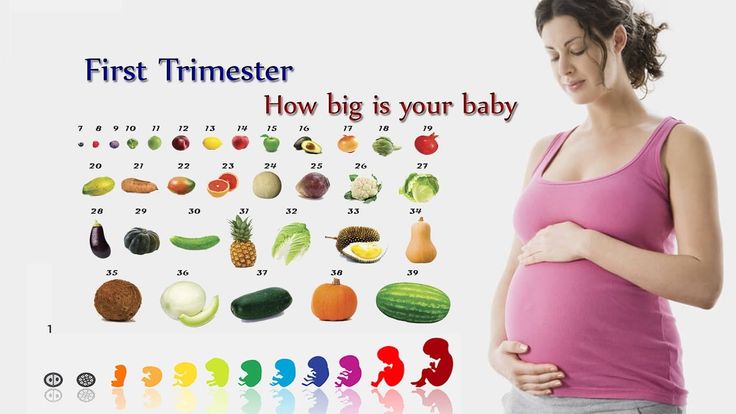
First trimester fatigue
The overall cause of fatigue in early pregnancy is simple – your body is preparing for the months ahead. But there are a couple parts of this preparation that can really contribute to feelings of fatigue:
- Hormone changes: There are a lot of hormone changes that happen in early pregnancy. One of them, a big jump in progesterone levels, has been directly linked to fatigue. The emotional ups and downs that come with hormone changes can be tiring, too.
- Metabolic changes: Creation takes energy. And in addition to a fetus, your body is making a placenta and extra blood. All these things create a greater demand for energy and may be partly why you feel the urge to sleep more.
Second trimester fatigue
In the second trimester, people typically find that they have more energy – you may be used to the new hormone levels in your body, and your baby isn’t very big yet. But it’s still possible to feel fatigued in the second trimester, especially if your sleep gets interrupted by pregnancy symptoms like frequent urination and leg cramps.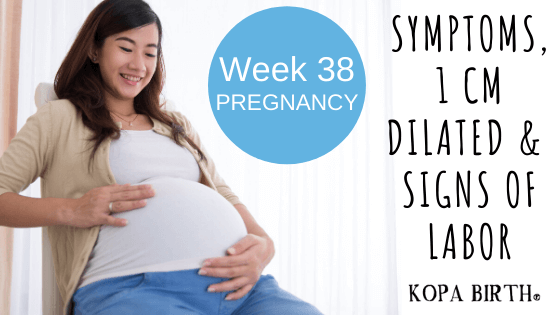
Third trimester fatigue
When fatigue happens in the third trimester, it’s generally because the baby’s gotten bigger. Carrying around that extra weight can be tiring on its own, but it also makes other things harder, including sleeping comfortably. Plus, as the baby settles into the pelvis, it puts more pressure on the bladder, so nighttime trips to the bathroom may become even more common. And all of that is in addition to any other pregnancy symptoms you’re experiencing.
Tips to overcome pregnancy fatigue and get more energy
When it comes to managing fatigue, the best thing you can do is take steps to increase your energy levels. This means:
Stay on top of your nutrition
A solid pregnancy diet can be a great way to keep your energy up. In particular, focus on getting enough iron, which supports red blood cell production and prevents any additional tiredness from anemia (a condition which results from not having enough red blood cells to carry the amount of oxygen your body needs). Foods that are high in protein are also good choices, as protein is a longer-lasting source of energy compared to carbohydrates.
Foods that are high in protein are also good choices, as protein is a longer-lasting source of energy compared to carbohydrates.
You may benefit from eating smaller meals throughout the day. This can help keep your blood sugar and energy levels consistent. It’s also important to drink plenty of water, as water helps your body function properly.
Exercise
The American College of Obstetricians and Gynecologists recommends that you get at least 150 minutes of moderate aerobic activity each week while you’re pregnant. That may sound like a lot, but if you break it down into 30 minutes of pregnancy-safe exercises per day, it adds up quickly.
Exercise improves blood circulation, which helps bring oxygen to every part of your body. This can give a boost to overall energy levels. Plus, exercise helps manage other pregnancy symptoms like back pain and constipation.
Rest
Even if you’re doing everything you can to boost your energy levels, you still have to listen to your body.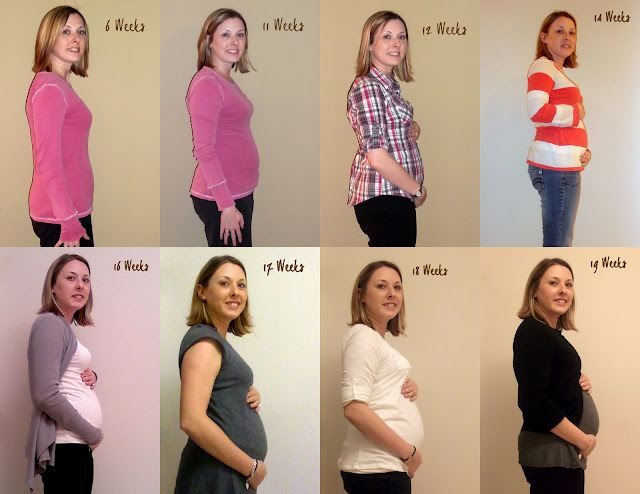 And when your body is fatigued, rest is the answer. Take breaks throughout the day, nap when you need to and sleep as much as possible. It may help to go to bed earlier, and avoiding fluids for a few hours before going to bed can help cut down on bathroom visits at night.
And when your body is fatigued, rest is the answer. Take breaks throughout the day, nap when you need to and sleep as much as possible. It may help to go to bed earlier, and avoiding fluids for a few hours before going to bed can help cut down on bathroom visits at night.
When should I see my doctor or midwife about fatigue during pregnancy?
Fatigue is very common and normal during pregnancy. Still, don’t hesitate to talk to your care provider at any point along your prenatal appointment timeline if you have questions or concerns about your level of tiredness.
But keep in mind, there are times when fatigue may be a symptom of a pregnancy complication like anemia, depression or gestational diabetes. Call your care provider if you experience sudden fatigue, fatigue that completely stops you from doing your daily tasks or if you have fatigue with any of the following:
- Fever
- Pain in the chest, abdomen or head
- Dizziness
- Difficulty breathing
- Swelling in your hands, ankles or feet
- Vision changes
Get the care you need
Whether your pregnancy is making you tired, nauseous or anything else, a prenatal appointment can help.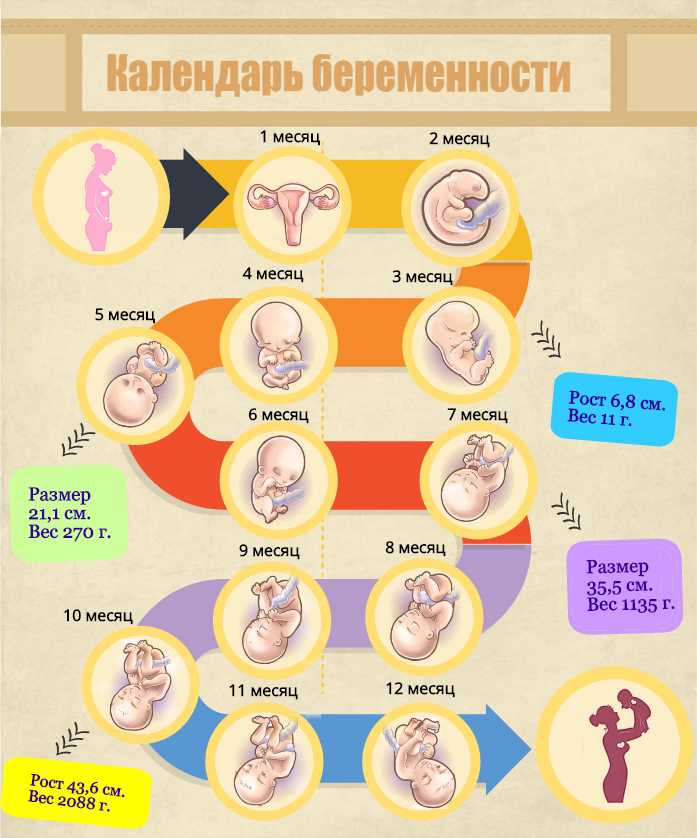 In addition to making sure you and your little one are safe and healthy, your care provider can give you tips and recommendations for every part of your pregnancy.
In addition to making sure you and your little one are safe and healthy, your care provider can give you tips and recommendations for every part of your pregnancy.
Drowsiness and fatigue during pregnancy - causes and how to deal with them
“Pregnancy is not a disease,” a future mother can hear when she complains of fatigue or that she cannot quickly cope with her usual activities, concentrate . And it is true. Pregnancy is not a disease, but a huge complex of physiological processes that take place in the female body and give life to a new person. It is not surprising that the creation of a new life takes a lot of strength and energy from a woman.
Fatigue during pregnancy is a normal reaction of the body to bearing a child, as well as drowsiness, inability to concentrate and mood swings.
Where does the strength of a pregnant woman go and what causes fatigue during pregnancy at different stages?
Sleepiness and fatigue in early pregnancy
Tiredness in early pregnancy is easy to explain.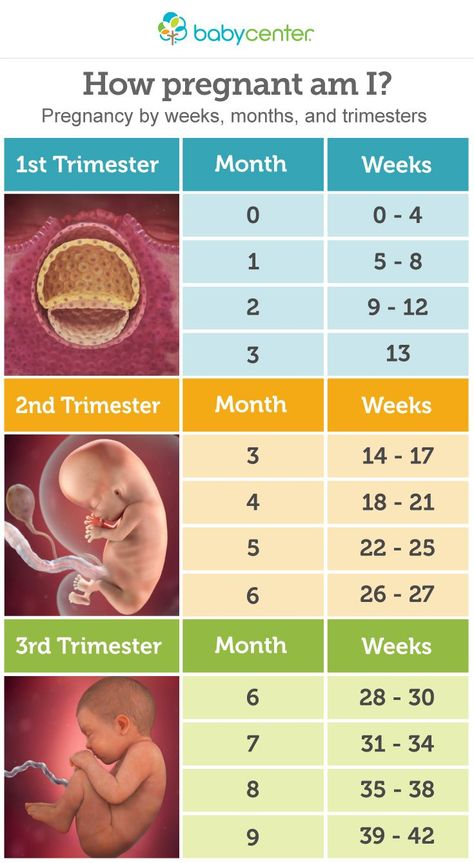
First, the fetus actively grows and develops, its internal organs are formed. The processes of synthesis of proteins and other molecules, acting as a "building material" for new cells, proceed rapidly. This wastes energy.
Secondly, a powerful hormonal restructuring takes place in the body of a pregnant woman, an additional circle of blood circulation is formed. The circulatory system is rebuilt, the load on the heart increases. The hormone progesterone, produced in the first weeks of pregnancy, affects vascular tone, lowering blood pressure. If you have experienced low blood pressure personally, then you know this condition. Similarly, a pregnant woman experiences drowsiness, it is difficult for her to concentrate.
Thirdly, all the resources of the body are directed first to the formation and development of the fetus, and then to the normal needs of the female body. This applies to both energy and nutrients. A woman simply does not have enough “fuel” to provide not only for her unborn child, but also for herself. This is especially acute for women who do not take vitamins during pregnancy. The fact is that many vitamins and minerals, on the one hand, are needed for energy production (especially for B vitamins), on the other hand, these same micronutrients are needed for the proper development of the fetus. For example, from vitamin B9depends on the closure of the neural tube - the basis of the spinal cord and brain.
This is especially acute for women who do not take vitamins during pregnancy. The fact is that many vitamins and minerals, on the one hand, are needed for energy production (especially for B vitamins), on the other hand, these same micronutrients are needed for the proper development of the fetus. For example, from vitamin B9depends on the closure of the neural tube - the basis of the spinal cord and brain.
And, finally, toxicosis also contributes to fatigue in the first trimester. This condition can be accompanied not only by nausea and vomiting, but also by drowsiness, fatigue, and rapid mood swings. Toxicosis, if it passes without health complications, is considered a normal, although not very pleasant, element of pregnancy. In this case, one of the likely causes of toxicosis is a lack of vitamin B6.
By the second trimester, the hormonal background stabilizes, but other reasons lead to weakness and drowsiness during pregnancy.
Late term drowsiness
The fact is that in the third trimester the child's weight becomes quite significant and grows rapidly. The weight of the placenta and the fluid that fills it should be added to the weight of the fetus. That is why the load on the body of a pregnant woman (especially the legs and back) becomes palpable. Even after walking a short distance, a woman may feel tired, as if she was carrying heavy loads. And yet it is so!
The weight of the placenta and the fluid that fills it should be added to the weight of the fetus. That is why the load on the body of a pregnant woman (especially the legs and back) becomes palpable. Even after walking a short distance, a woman may feel tired, as if she was carrying heavy loads. And yet it is so!
Another cause of late-term sleepiness is rather commonplace. With a large belly, it is more difficult to fall asleep and get enough sleep. It is difficult for a woman to turn around or take her usual position, the child may begin to push in her sleep. After all, if in ordinary life we don’t get enough sleep for a night or two, then we can sleep off on the weekends, and there are no days off from pregnancy.
But drowsiness during late pregnancy can be a symptom of a dangerous disease - anemia, lack of iron in the body. It is especially bad because it develops gradually, and it can easily be mistaken for ordinary overwork. Pallor, fatigue, rapid pulse, heart pain, dizziness and fainting during pregnancy are all signs of anemia and a reason to see a doctor as soon as possible. It is impossible to delay a visit to a specialist: anemia can have the most serious consequences, up to the loss of a child. Iron supplements usually help prevent anemia. It is better to choose iron in liposomal form, which is well absorbed.
It is impossible to delay a visit to a specialist: anemia can have the most serious consequences, up to the loss of a child. Iron supplements usually help prevent anemia. It is better to choose iron in liposomal form, which is well absorbed.
How to deal with drowsiness and fatigue during pregnancy
Despite the fact that the beginning of pregnancy, most women spend at work in the same mode as usual, experts strongly recommend that they slow down their rhythm of life a little and take more rest.
Great changes are taking place in the body of a pregnant woman, and it would be wrong to load oneself with work in the same way as always. And if a woman says that her pregnancy was much easier and she didn’t need rest, you can only be happy for her, but you should listen only to your feelings.
How to deal with drowsiness during pregnancy, or at least reduce the level of fatigue as much as possible?
- You should definitely get more sleep. Lack of sleep makes a person shaky, nervous.
 Which, in turn, greatly affects the level of stress. Stress interferes with normal sleep - and the circle closes. You can buy special pillows under the stomach, which help to take a comfortable position in a dream.
Which, in turn, greatly affects the level of stress. Stress interferes with normal sleep - and the circle closes. You can buy special pillows under the stomach, which help to take a comfortable position in a dream. - Eat properly and fully! This will help to provide both organisms - both the mother and the unborn child - with everything necessary, as well as avoid health problems, prevent weight gain that affects the feeling of fatigue, especially by the last trimester. Be sure to include vitamin and mineral complexes for pregnant women in the diet, for example, Pregnoton Mom - with B vitamins, liposomal iron and other micronutrients that are important for the health of mother and baby.
- Walking in the fresh air (especially in the morning, when the least amount of gas pollution) will help to tone the muscles, enrich the blood with oxygen.
- Take CoQ10. It is involved in energy production at the cellular level. That is, it does not work as an energy tonic, but helps the body naturally efficiently extract energy from food.
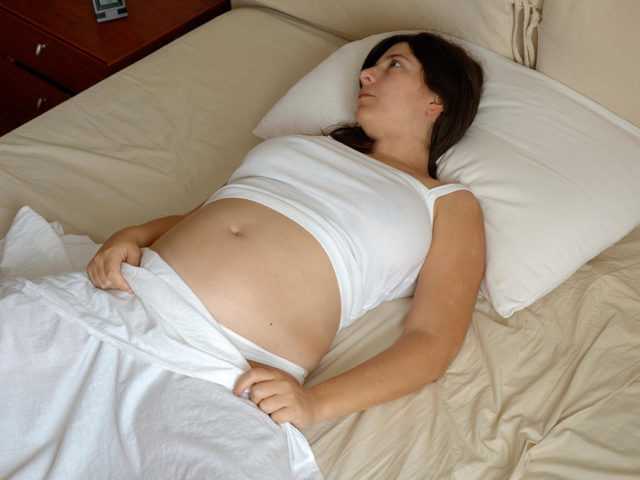 In addition, studies show that CoQ10 reduces the risk of preeclampsia and other pregnancy complications.
In addition, studies show that CoQ10 reduces the risk of preeclampsia and other pregnancy complications. - Vitamins C and E will also help you stay energetic and active. Vitamin C is also involved in the synthesis of energy, and vitamin E is necessary for cellular respiration, without which muscle weakness develops in the body.
- Coenzyme Q10, vitamins C and E are contained in the antioxidant complex Sinergin, which will give a pregnant woman additional energy. Of course, Sinergin is allowed to be taken throughout pregnancy.
When does sleepiness go away during pregnancy?
When will fatigue and drowsiness during pregnancy go away? It is impossible to predict this, because each woman's pregnancy is individual. Some will feel much better already in the second trimester of pregnancy, while others will need additional support of vitamins and antioxidants throughout the pregnancy.
It is important not to forget: fatigue, drowsiness, absent-mindedness and the inability to concentrate are manifestations of pregnancy, which are largely explained by physiology, and not by character traits. It is not necessary to give the expectant mother advice like “get together and make yourself work”, “stop being lazy”, etc. After all, having a baby is hard work.
It is not necessary to give the expectant mother advice like “get together and make yourself work”, “stop being lazy”, etc. After all, having a baby is hard work.
The world will not collapse if a woman stops carrying it on her shoulders alone, starts to rest more during pregnancy or asks for help. The most precious thing is the health and well-being of the woman herself and the unborn child.
IS NOT ADVERTISING. THE MATERIAL IS PREPARED WITH THE PARTICIPATION OF EXPERTS.
Related articles
- Coenzyme Q10 for pregnancy planning
- Pregnoton Mom: instructions for use
- Progesterone in early pregnancy
Morning weakness during pregnancy
Klokova E.V. - Candidate of Medical Sciences
During the first trimester of pregnancy, morning weakness is almost an integral element after waking up. Of course, pregnancy is different for everyone: someone cannot come closer than three meters to their once-favorite products, someone eats and drinks everything without experiencing the slightest discomfort. It's all very individual, but eighty percent of women are affected by morning sickness and the accompanying nausea. The culprit for nausea is the hormone progesterone. Its active excretion slows down the digestion process. One of the reasons for the occurrence of such conditions may also be the fact that during this period the body of the expectant mother is deficient in certain elements, such as folic acid and iron. Check blood sugar levels, calcium levels, thyroid function, which will give information about the iodine supply in the body - most often these factors cause severe weakness.
It's all very individual, but eighty percent of women are affected by morning sickness and the accompanying nausea. The culprit for nausea is the hormone progesterone. Its active excretion slows down the digestion process. One of the reasons for the occurrence of such conditions may also be the fact that during this period the body of the expectant mother is deficient in certain elements, such as folic acid and iron. Check blood sugar levels, calcium levels, thyroid function, which will give information about the iodine supply in the body - most often these factors cause severe weakness.
Most often, there is nothing to worry about in such a state: the body is being restructured, the internal organs “get used” to the new state of affairs and experience an increased load (kidneys, liver, pancreas), the hormonal background changes. In the first weeks of pregnancy, the heart pumps blood in an enhanced mode, so fatigue and drowsiness are normal. In addition to this, the woman’s anxieties about her new condition, the new schedule (going to the doctor, restructuring the diet), new worries are exhausting the body.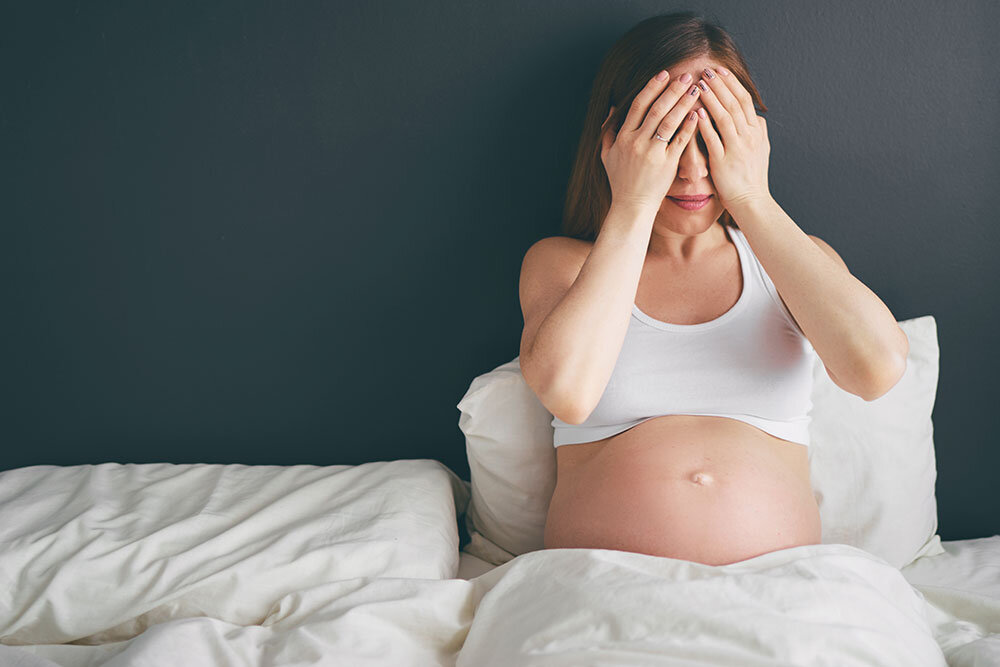 Sometimes "morning" weakness can occur during the day - there is nothing to worry about. Changes often happen so fast that it's hard to keep track of them.
Sometimes "morning" weakness can occur during the day - there is nothing to worry about. Changes often happen so fast that it's hard to keep track of them.
It is worth consulting a doctor if weakness and dizziness lead to fainting, if you feel very sick, and if you experience vomiting attacks that repeat more than two to three times a day, which can cause dehydration. Listen to your inner feelings, if something bothers you, it’s better to play it safe and once again visit the clinic. Don't take your condition to the extreme.
Otherwise, try to eliminate all stress factors as much as possible, take vitamins, including a complex of magnesium and iodine, get more rest and improve nutrition. Do not starve, even if you do not feel like eating at all, and most foods and foods cause nausea. It is believed that mint, chamomile and ginger tea, a piece of dried bread or thin slices of an apple help well in this case. Experiment with the menu, figure out dishes and ingredients that suit your body perfectly, and those that you categorically cannot stand.